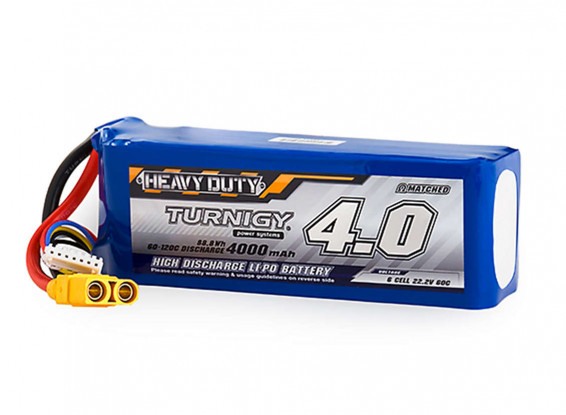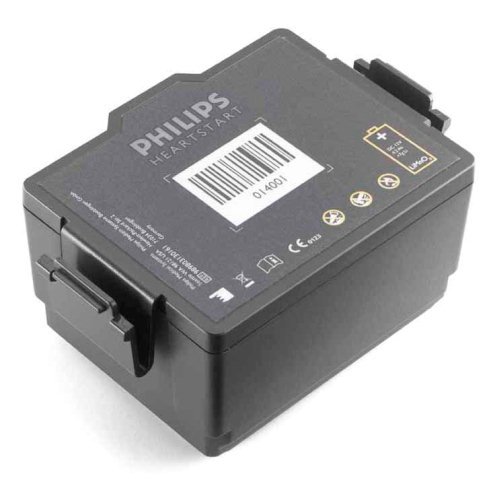

Typically, the system attempts to enter a sleeping state or powers off the computer. The details of the power policy vary from system to system, depending on hardware capabilities, application settings, and user preferences. If the battery supplies system power or is a secondary (rechargeable) cell, the system carries out the DC power policy for a critical battery.

Battery status bin driver#
When the miniclass driver reports a critically low, discharging battery, the power manager assumes that battery failure is imminent. Such remedies might include switching to AC power or to another battery, if the miniclass driver can do so. The miniclass driver should not report a critically low, discharging battery (BATTERY_CRITICAL and BATTERY_DISCHARGING) until it has ascertained that the condition is not merely a transitory fluctuation and has exhausted all other means of remedying the situation. The miniclass driver also reports one or more of the following constants that describe the battery's power condition: In the buffered BATTERY_STATUS structure, the miniclass driver reports the battery's voltage, capacity, and charge/discharge rate to the extent that the miniclass driver can determine them. The BatteryTag parameter is a value previously returned by BatteryMiniQueryTag. The Context parameter is a pointer to the context area that is allocated by the miniclass driver and passed to the class driver in the BATTERY_MINIPORT_INFO structure at device initialization. The following is the prototype for this routine: typedef

Other types of batteries can be taken to the recycling centre (the tip).The battery class driver calls the miniclass driver's BatteryMiniQueryStatus routine to get the power state, capacity, voltage, and discharge rate of a battery. Please place them in a clear plastic bag on the top of your recycling bin on collection day. We collect the following household batteries for recycling: AA, AAA, D, C 6v, 9v, button. If the item is in good working condition you could consider selling it or donating it to charity. Take large items to the recycling centre (the tip) or arrange a bulky waste collection. Examples include kettles, toasters, irons, hair dryers, radios and small power tools. Put your item in a carrier bag next to your red recycling bin on your recycling collection day. You can also arrange for a bulky waste collection.
Battery status bin free#
We provide free collections of clinical waste for residents treating themselves at home. You can be assured we’re working hard to expand the list of what can recycled, please do revisit this page regularly to check for updates. If you can’t find the item you want to recycle, use the re3cyclopedia look up or app.


 0 kommentar(er)
0 kommentar(er)
